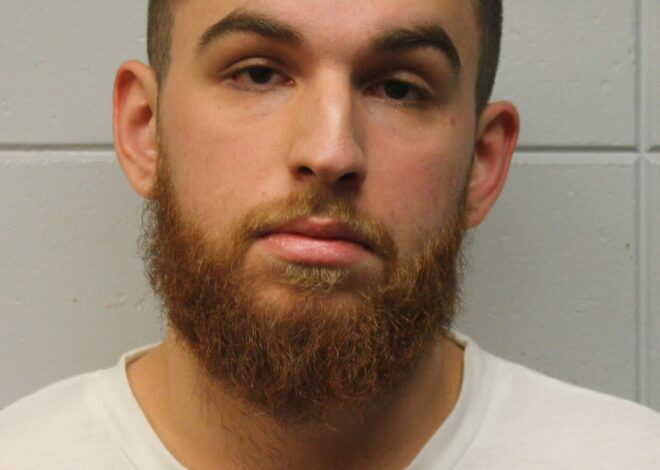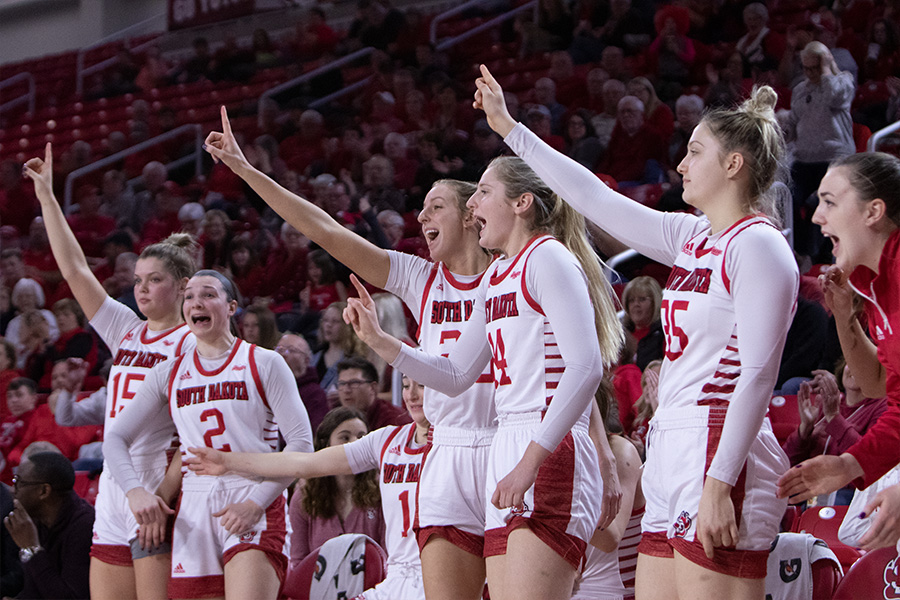Gay Couples, Officials Prepare For Supreme Court Ruling
SIOUX FALLS, S.D. (AP) — In 2010, Bob Wendland and his partner had a wedding. There was a church, and a ceremony — but not a marriage certificate.
Nearly five years later, the two men from Sioux Falls, South Dakota, are still not legally married, even though they since could have crossed the border and got a marriage license in Minnesota.
“We thought about it and we decided that … if we were just a little more patient, in a few years down the line it would hopefully just be across the board through the entire nation and we could just do it in South Dakota,” Wendland said.
That patience could pay off soon when the U.S. Supreme Court rules whether same-sex couples nationwide have the same constitutional rights to marry as straight couples.
People in the lesbian, gay, bisexual and transgender community are anxiously awaiting the opinion expected Monday at the latest. At the same time, officials in North Dakota and South Dakota are preparing for what a historic ruling could mean for their states and for two lawsuits filed last year challenging their bans on same-sex marriage.
In North Dakota, some county officials said they’re prepared to issue marriage licenses as soon as possible, even though state forms still include terms like “bride” and “groom.”
“If they rule it takes effect immediately, we’ll start issuing them immediately,” said Burleigh County Recorder Debbie Kroshus. “As far as will I open my doors at midnight to do it — no. Anyone can get a license between 8:00 and 4:30.”
Josh Newville, a Minneapolis attorney who filed lawsuits for plaintiffs in both states, said if the court rules favorably he and his team will be looking for clerks who refuse to issue marriage licenses.
“If there’s a single event of noncompliance, there will be a lawsuit filed and we will seek damages that will inevitably be rewarded,” Newville said.
But an opinion that declares all same-sex couples have the right to marry isn’t a sure thing. Justices could rule states only have to recognize marriages performed legally elsewhere or could rule that states aren’t required to recognize same-sex marriages at all.
Lawsuits are pending in both states challenging their bans. South Dakota’s is on hold at the 8th Circuit Court of Appeals.
Officials from both North Dakota and South Dakota have mostly been quiet on the issue. The South Dakota Department of Health, which handles vital records like marriage certificates, said it won’t speculate but will look to the governor and attorney general for advice when a decision comes down.
South Dakota Attorney General Marty Jackley said state officials “will adhere to the rule of law” if there’s a clear Supreme Court decision. But he said a less conclusive ruling might require further interpretation, perhaps by the 8th Circuit.
Dale Carpenter, a constitutional law scholar at the University of Minnesota who supports gay marriage, disagreed, saying he expects a clear ruling by the high court that the 8th Circuit would follow.
As for Wendland and his partner, they plan to marry this August — their fifth anniversary — if the Supreme Court rules in favor of same-sex marriage. And they’ll do it in South Dakota.
“We’ll get some close friends and family together, and renew our vows and make it legal by government standards, and not just by God,” he said.


